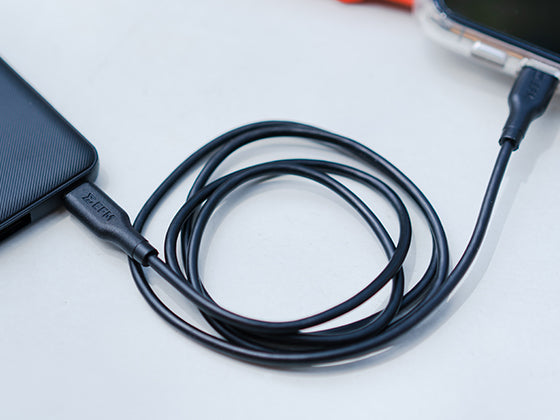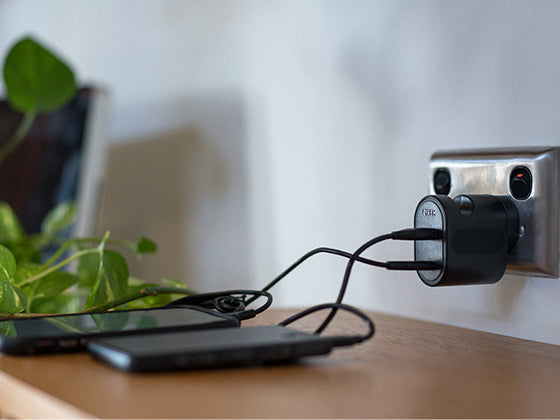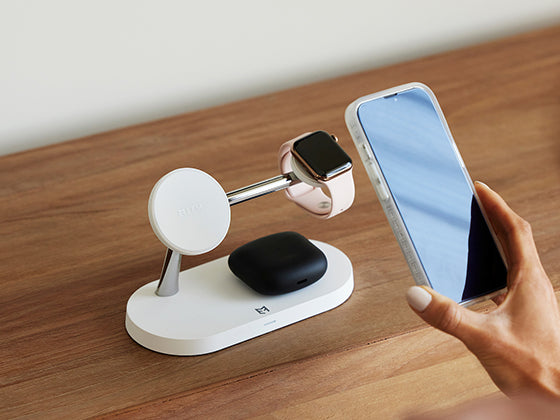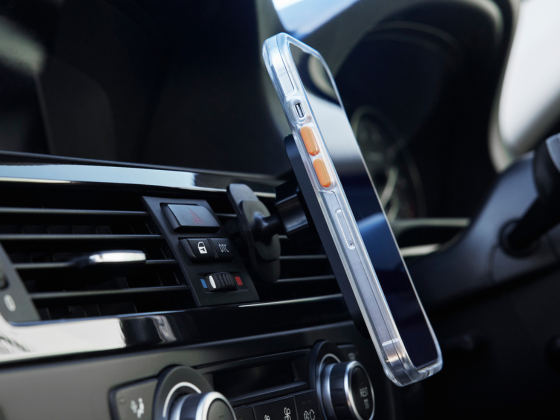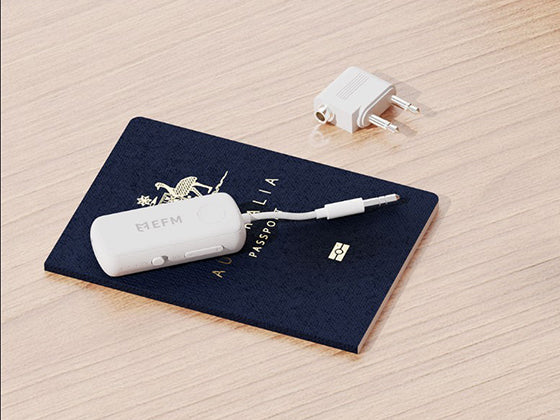Identity theft. Credit card fraud. Catfishing. Scam emails. .
These are all a part of our everyday vocabulary in 2020, when it’s all too easy for anyone online to steal your identity, money or even worse.
Thankfully, there are ways you can protect yourself online, or at least lower the risk of being someone’s next victim.
We’ve rounded up the best advice from online security experts, which show how easy it can be to secure your online presence.
Change your passwords regularly
We’re all guilty of having login credentials that haven’t been changed… well, we can’t even remember the last time we updated them.
If you have a strong password, it can be all too easy to shelve changing it until a later date. How could anyone possibly hack my email when my password involves so many capital letters, numbers and punctuation marks?
Trust us - they can and they will. There are tried and tested ways for hackers and scammers to crack your passwords, and changing them regularly combats this threat. Experts attest that annual password updates seriously lower your risk of being targeted.
Oh - and if your passwords are your birthday… do it now!
Protect yourself with top security software
If your current security suite is outdated, free, or gasp - you don’t have one - this should be your priority right now.
While the free versions most online security brands offer do the bare essentials, they don’t offer nearly the level of protection you need, as you may notice when you try to access certain features or run certain scans.
There’s a world of security suites out there in a range of prices, and they all have their own perks. Officeworks is a great one-stop shop where you can pick up what you need while asking the expert staff there any questions you may have. There is also the option to purchase your new security suite online and simply it download to your computer or device. Officeworks also stock selected EFM products, so check out our range too!
Back up, back up, back up!
It’s only when you lose any or all of your data that you realise just how important backing up your hard drive is.
Don’t leave it until it’s too late. Set a weekly time to back up your data and stick to it. Many online viruses such as malware will completely wipe out everything you hold dear on your computer or device before you even realise it. Being regimented with a weekly backup schedule may not protect against the threat itself, but it will mean that if you get stung, the fallout won’t be as bad as it could have been.
Do a social media audit
When was the last time you sat down and reviewed your social media security settings? A while, huh?
Completing a full social media audit will secure the channels you use, and remove the ones you don’t. In turn, this lowers your risk of identity theft or a security breach.
Firstly, delete any social media accounts you no longer use. Account settings offer a “deactivate” option, so follow the steps to shut those ones down for good.
For the accounts you do still use - Facebook, Twitter, Instagram and the like - follow the same steps for each. Update your passwords and go through your privacy and security settings to ensure the content you put online is visible only to your friends list - or a custom friends list that you choose. Most social media platforms now offer two-factor authentication, which requires two pieces of evidence to prove you are who you say you are. The introduction of two-factor authentication has seriously reduced the number of successful hacks, and you’ll feel all the more secure with it activated.
Be mindful when using free wifi
Free wifi is everywhere these days, and most people jump at the chance to save on data usage and jump on a free wifi network. Unfortunately, there are hackers who are known to set themselves up on public wifi connections.
If you love working on your laptop from Starbucks, this doesn’t mean you have to forego your flat white with a side of Facebook. Online security experts recommend using a VPN when you’re connecting to an unfamiliar network.
And that brings us to our final tip…
VPN isn’t a dirty word
Most of us associate the term VPN (virtual private network) with doing dodgy things online. However that isn’t the intention of VPN technology for most of us.
A VPN connection protects against online hackers and spies by directing all of your online activity through a bulletproof network.
Getting a VPN is easy, and a simple Google search will bring up what you need. By signing up for a free VPN and simply switching it on, you are invisible to nefarious beings on the interwebs. Experts actually recommend using VPN whenever you are online, even at home, due to the changing nature of the internet and the ever-growing risk of a security breach.
There’s an endless list of ways to protect yourself online, and by doing your own research you can find further advice to minimise your risk of becoming a victim.

